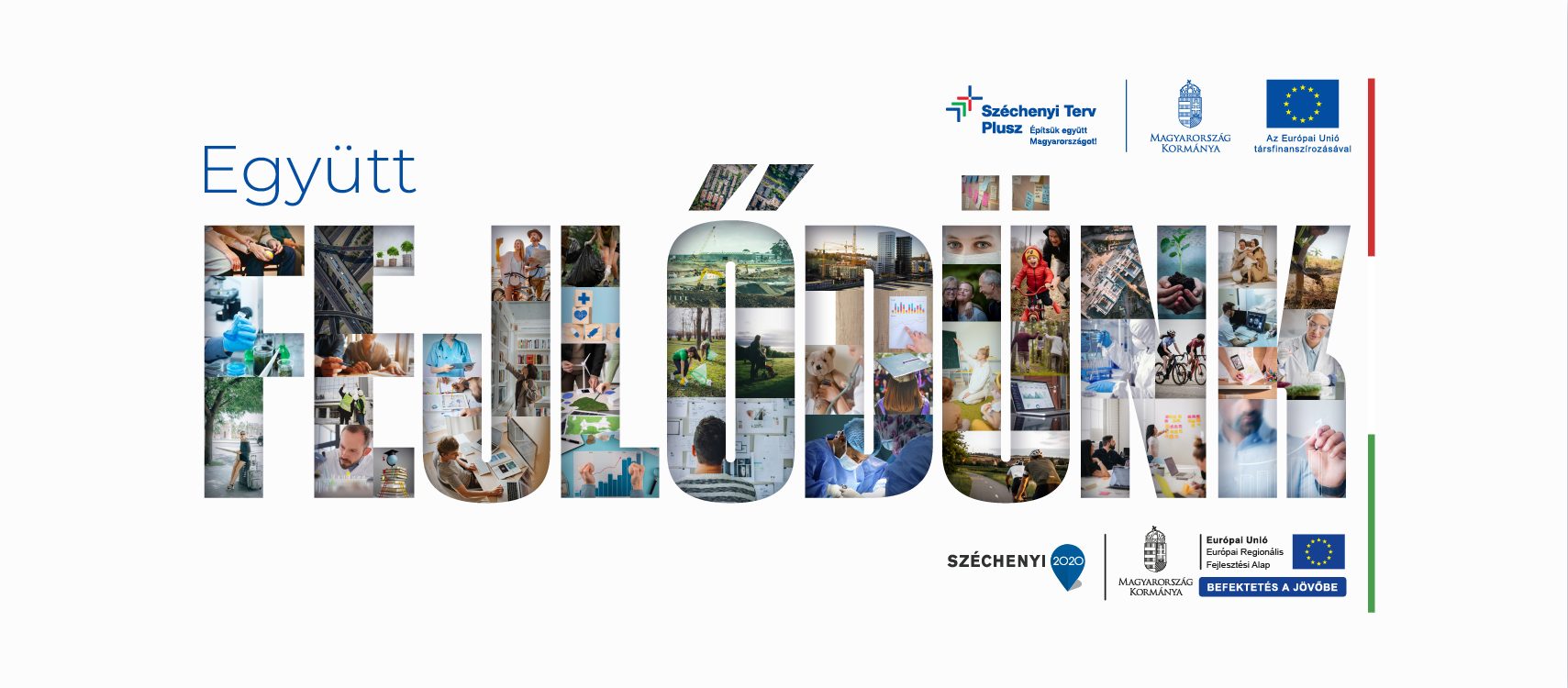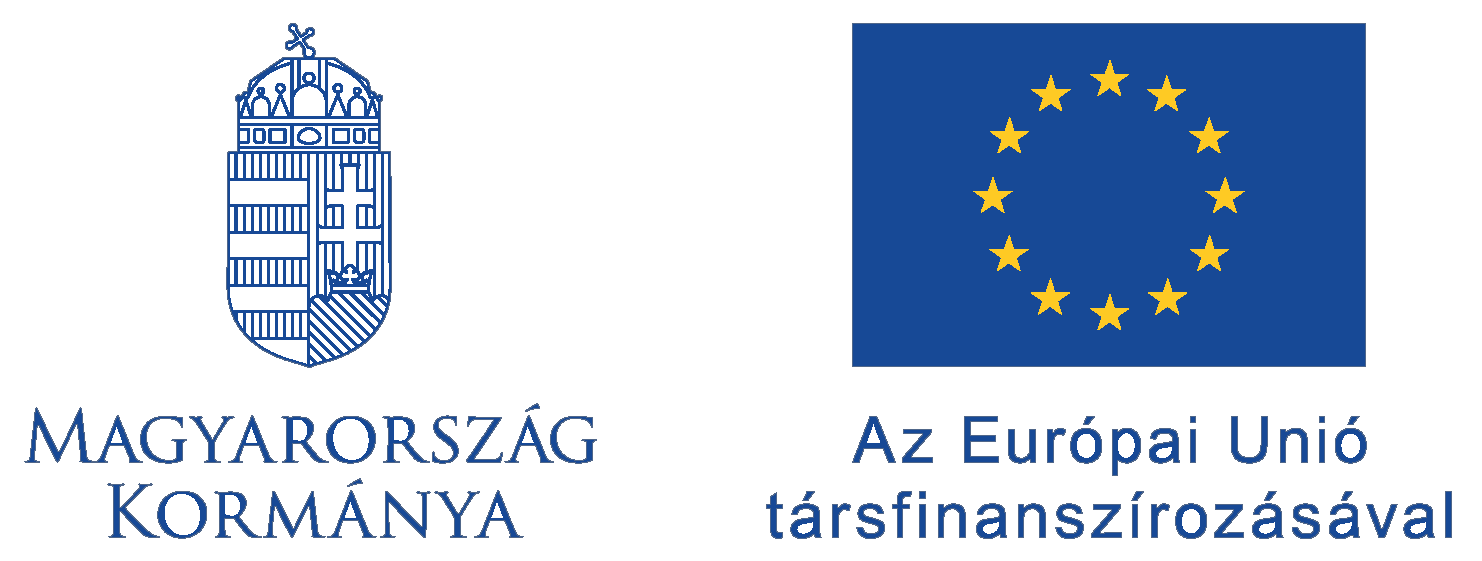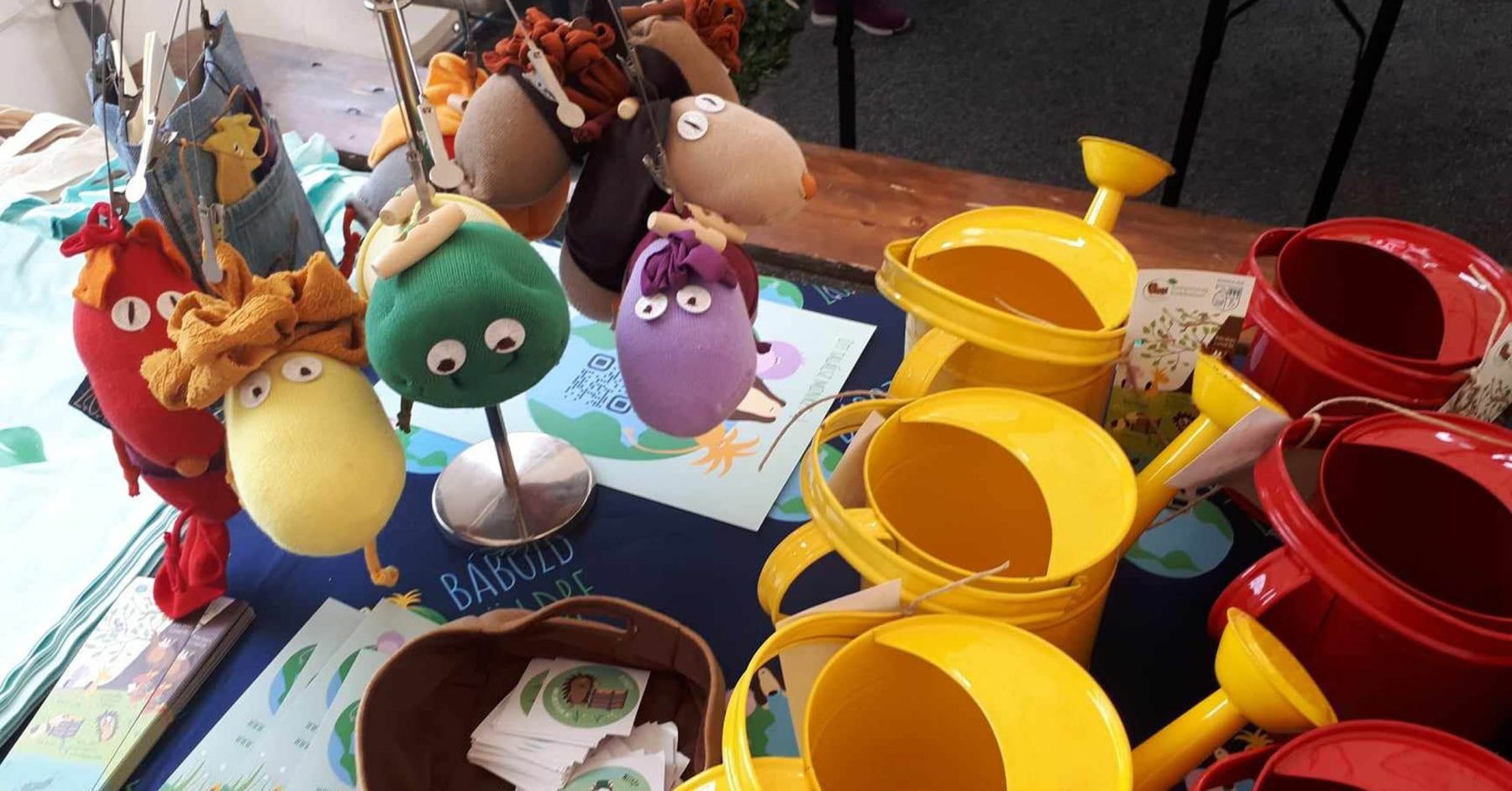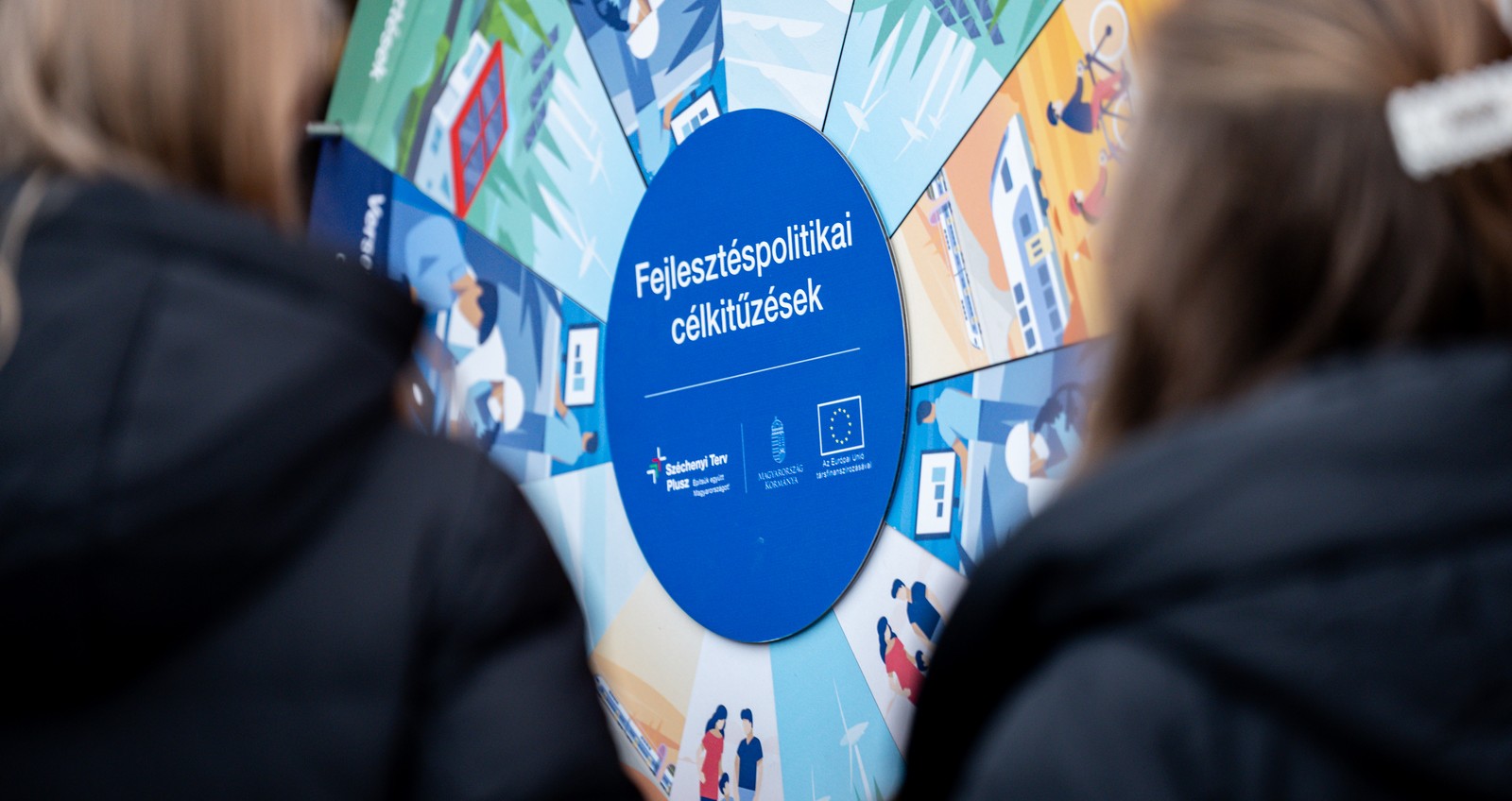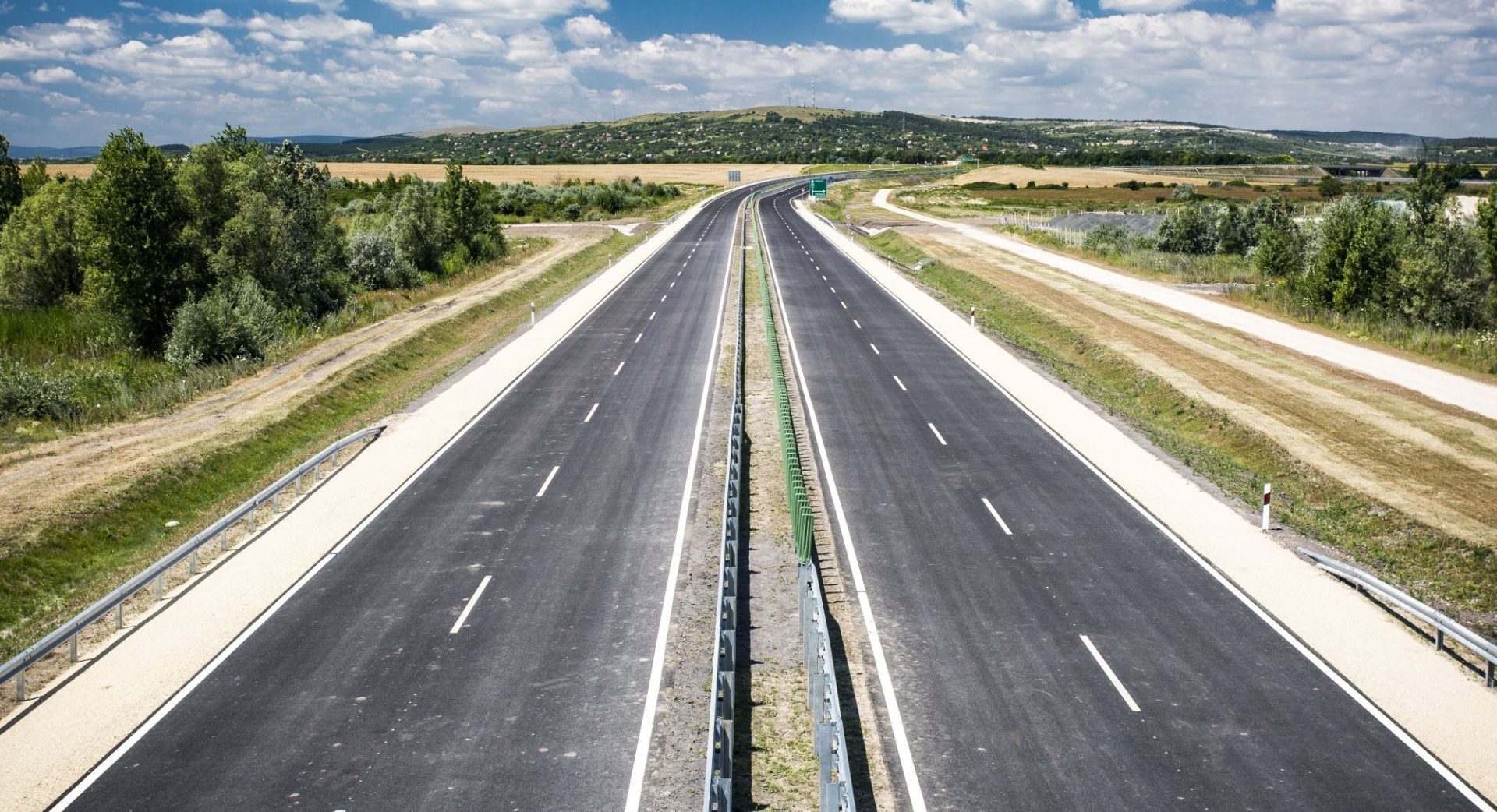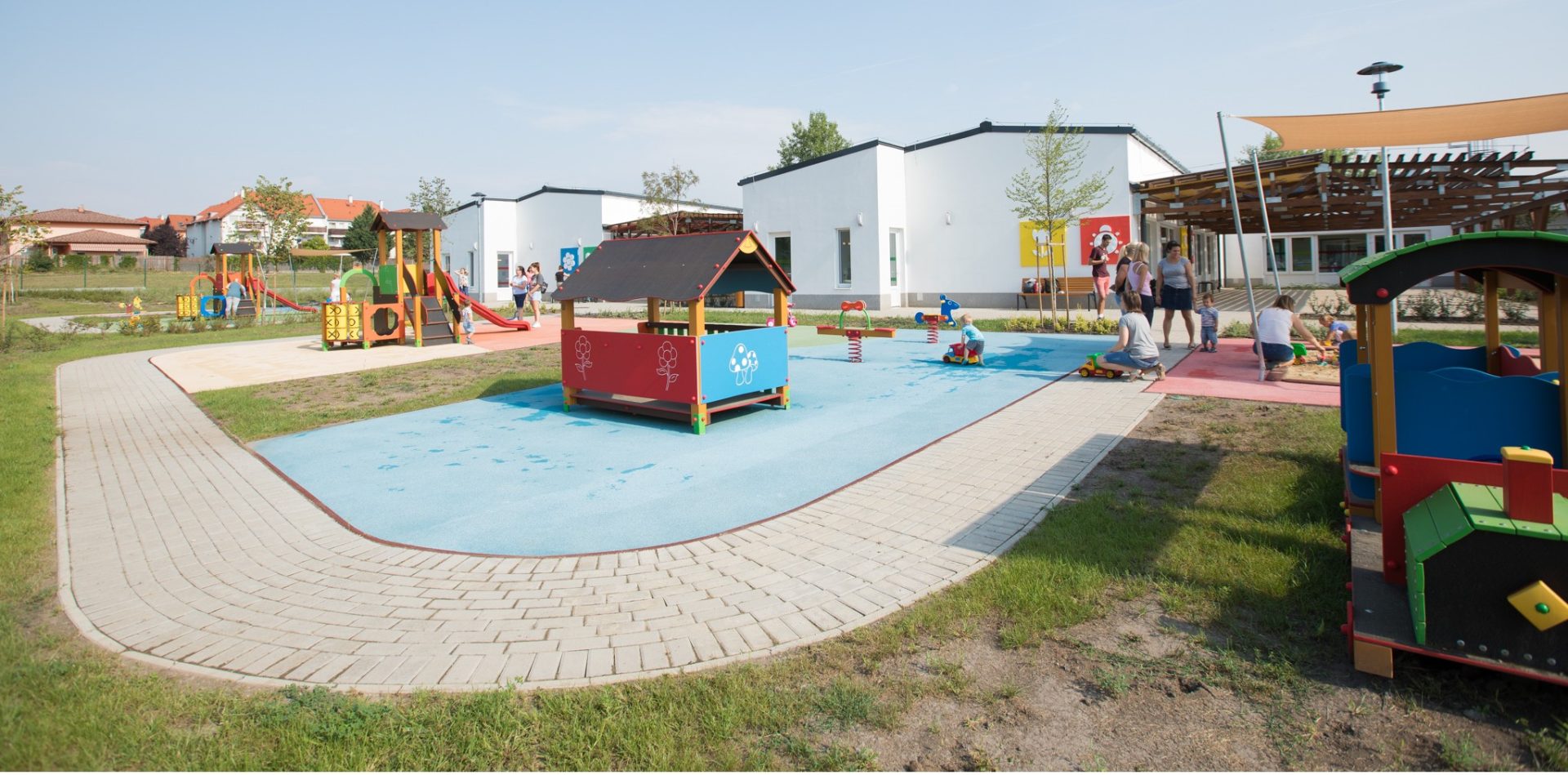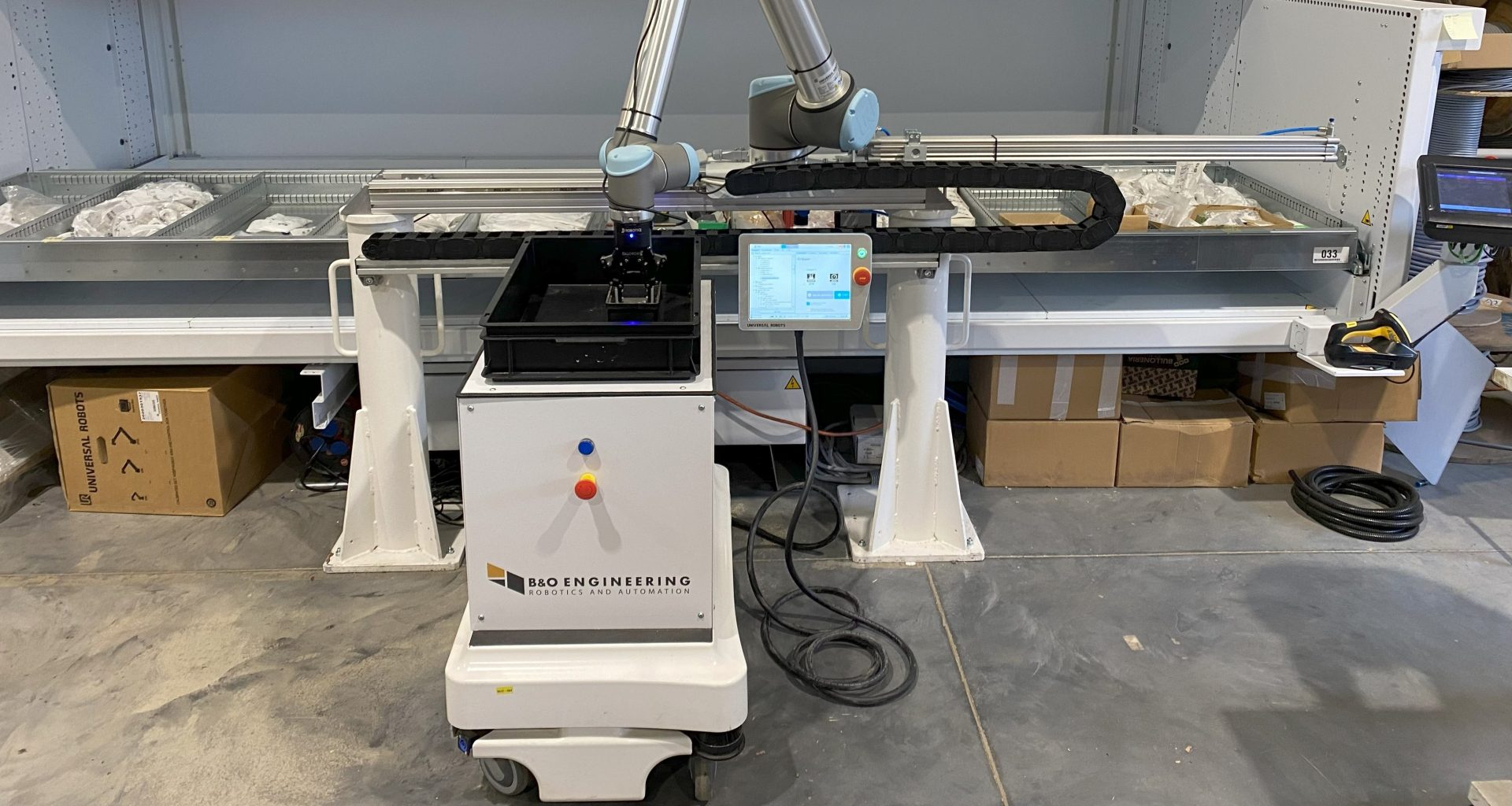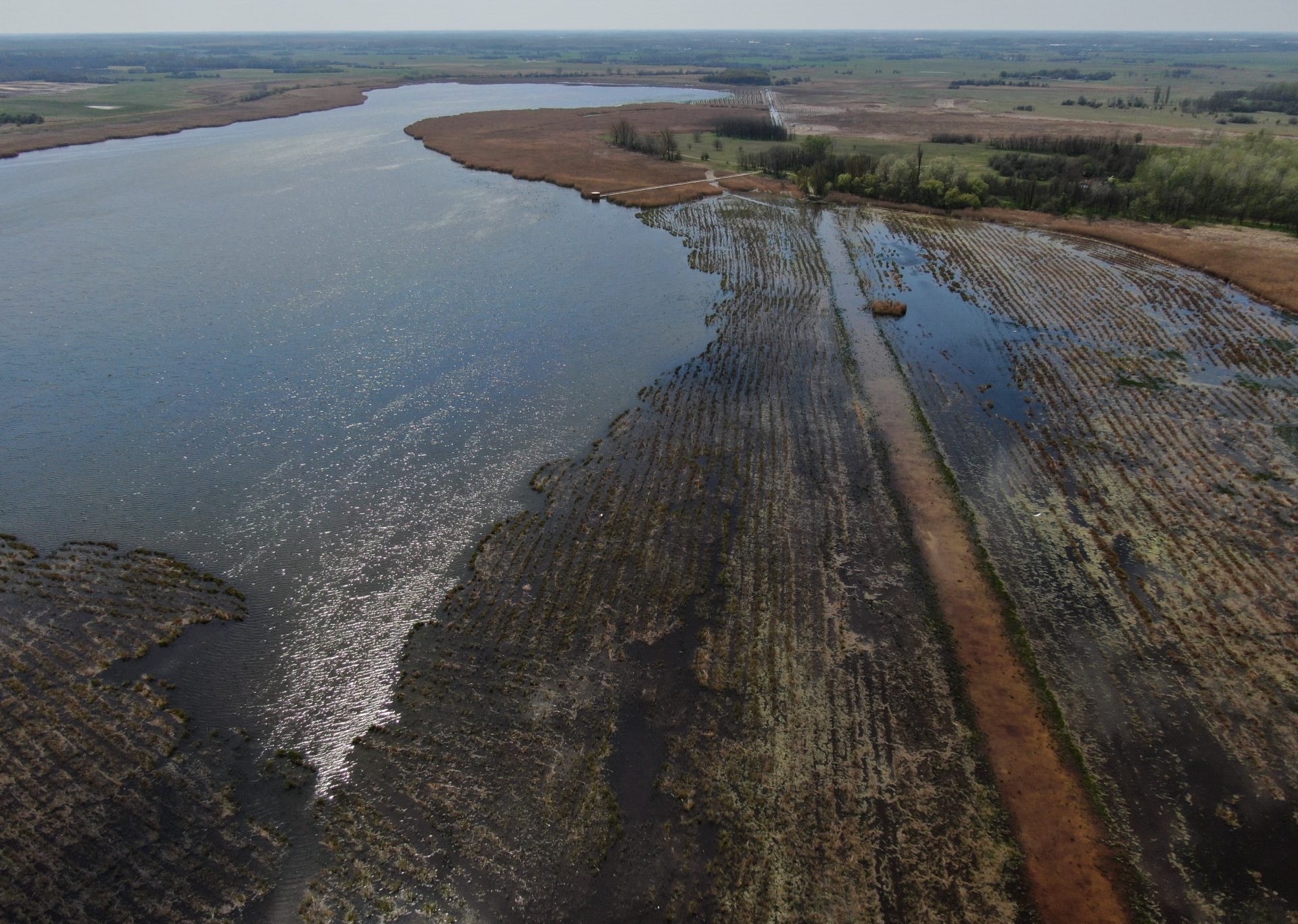In what way does green waste turn into arable land? Budakalász is already aware of the solution! Residents can now contribute to environmental protection in their own gardens through an excellent European Union co-funded program.
The introduction of a sustainable waste management program in Budakalász, made possible by funding from the Environmental and Energy Efficiency Operational Program, raised the bar for the municipality’s treatment of biodegradable trash. What precisely is it, though? In general, people living in cities are now given access to compost containers and special green trash collection bins, allowing them to improve the aesthetics of their gardens while also helping the environment.
The project in Budakalász is all about reducing the amount of organic matter that ends up in landfills. It’s not widely known that if kitchen organic waste from households and green waste from gardens end up in regular mixed trash bins and then in landfills, methane is released during their decomposition. This is a much stronger greenhouse gas than carbon dioxide, so it’s particularly harmful. But if we compost this waste, we can not only cut down on the strain on landfills, but also make great use of it as compost in gardens. Since most Budakalász households have gardens, this approach can be put into practice really easily in our daily lives.
The residents of Budakalász got over 5,000 compost bins to help them deal with their green waste in their own gardens. This is a big deal because it means some of the leaves, grass clippings, and kitchen waste can be turned into fertile soil right away. On top of that, 4020 brown collection bins of different sizes have been handed out to make sure every household has what they need. These containers are used for collecting and transporting larger amounts of green waste. They’ve also thought about the owners of really large gardens, because the largest 1100-litre brown bins are now available.
How to compost well? Since not everyone knows how to do it themselves, the project did not stop at handing out tools. The Compost Budakalász campaign gave people of all ages the chance to learn the right techniques. From kindergartens to senior citizens’ clubs, everyone could take part in activities that showed how to recycle green waste and that composting is not a fad, but a habit that can be easily integrated into everyday life.
| The benefits of composting are hard to overstate. The humus produced in gardens not only helps plants grow, but also improves the soil’s ability to retain water. This is particularly important in a world facing climate change, where droughts are becoming more frequent. And that’s not all: by reducing the pressure on landfill sites, it reduces methane emissions and the carbon footprint of cities. |
Budakalász is a good example of how a well-designed project can have a positive impact on the life of a community. However, distributing tools and changing attitudes is only the first step, and real change will only happen if residents stick to their new habits in the long term. The challenge for the city is to maintain the momentum of the programme. To do this, the city regularly gathers feedback from residents and is constantly looking for ways to make waste management even more efficient. Sustainability is not just a buzzword, but a series of concrete steps that can be taken at the local level. Tools, training and community awareness have the potential to reduce environmental impact in the long term. This will not only benefit Budakalász, but ultimately the whole planet.
The development was implemented from EU funding in the project KEHOP-3.1.2-17-2019-00007 under the Environmental and Energy Efficiency Operational Programme.
Find out more about the project in the Project Finder: Details
